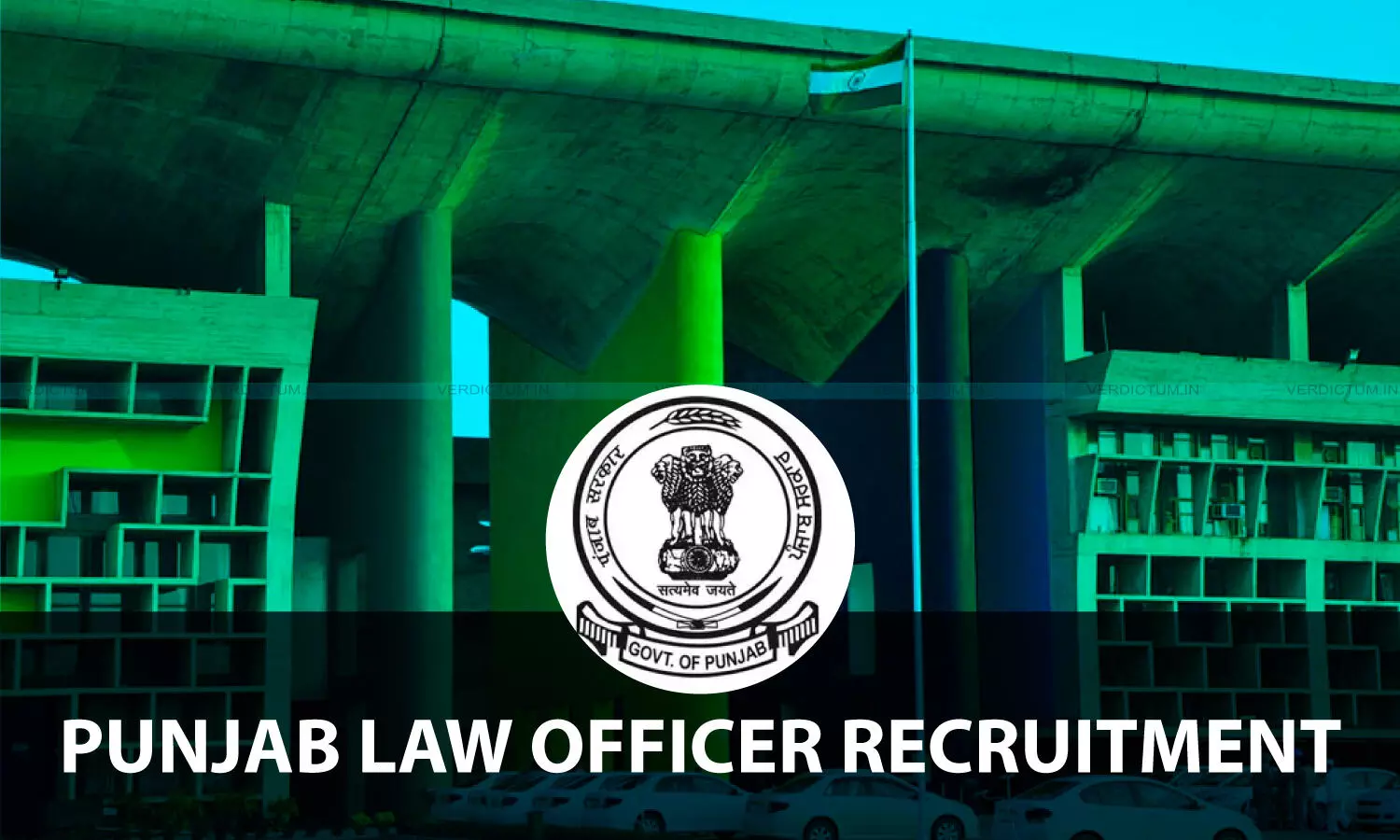
High Court Issues Notice On Plea Challenging Caste-Based Reservation In Appointment Of Law Officers Of Punjab Govt
 |
|The petition before the Punjab and Haryana High Court states that caste-based reservation in professional engagements of Law Officers undermines merit and violates Articles 14 and 16 of the Constitution.
The Punjab and Haryana High Court has sought the response of the State of Punjab on a petition challenging the constitutional validity of providing reservation to Scheduled Castes and Backward Classes in the appointment of Law Officers in the office of the Advocate General, Punjab.
A Division Bench of Chief Justice Sheel Nagu and Justice Sanjiv Berry issued notice to the State and granted time to file its reply.
A petition filed by Advocate Vikas Bishnoi has challenged the public notice dated June 18, 2025, issued by the Office of the Advocate General, Punjab, inviting applications for the engagement of Law Officers. The notification reserves 58 out of 241 total posts for Scheduled Castes and Backward Classes.
Advocate Sahir Singh Virk appeared for the petitioner, while Additional Advocate General of Punjab Chanchal K. Singla appeared for the Respondents.
It is contended in the petition that reservation in such professional legal engagements is ultra vires the Constitution and established jurisprudence. It is argued that such appointments are not to civil posts or regular government service but are engagements of professionals based on legal acumen and confidence reposed in them by the Advocate General.
The petition states, “The nature of engagement of a Law Officer is not that of a regular government servant but of a professional engaged to represent the State before Courts. The selection is not made through any competitive examination or selection body, and no regular appointment is made under the Punjab Civil Services Rules.”
It is further stated that the reservation policy in such appointments violates Articles 14 and 16 of the Constitution, as the same applies to appointments to civil posts under the State but not to engagements based on professional confidence and merit.
The plea asserts that the impugned reservation is arbitrary and contrary to settled law. Ut refers to the precedent laid down in Indra Sawhney v. Union of India (1992) and State of Punjab v. Brijeshwar Singh Chahal (2016), to argue that Law Officers do not hold civil posts and their engagement does not fall within the purview of the service rules that govern public employment.
The Petitioner has also challenged the legal basis of the reservation, arguing that it is founded on an executive instruction without any statutory or constitutional support. It states, “…in the absence of any enabling provision in the law governing the appointment of Law Officers, the reservation provided in the impugned public notice is ex-facie ultra vires, and liable to be struck down.”
The petition also distinguishes between Law Officers and regular government employees, noting that such professionals are appointed “at pleasure” and not through a selection process under Article 320 of the Constitution. The plea reads, “The application of the reservation policy in such professional appointments undermines merit, judicial independence, and the quality of legal representation for the State.”
The petition prayed for quashing the public notice dated June 18, 2024, to the extent it provides reservation in the engagement of Law Officers, and for a declaration that such appointments must be based solely on professional merit, experience, and competence, not social or caste-based classification.
Cause Title: Vikas Bishnoi v. State of Punjab & Ors. (CWP-PIL-144-2025)